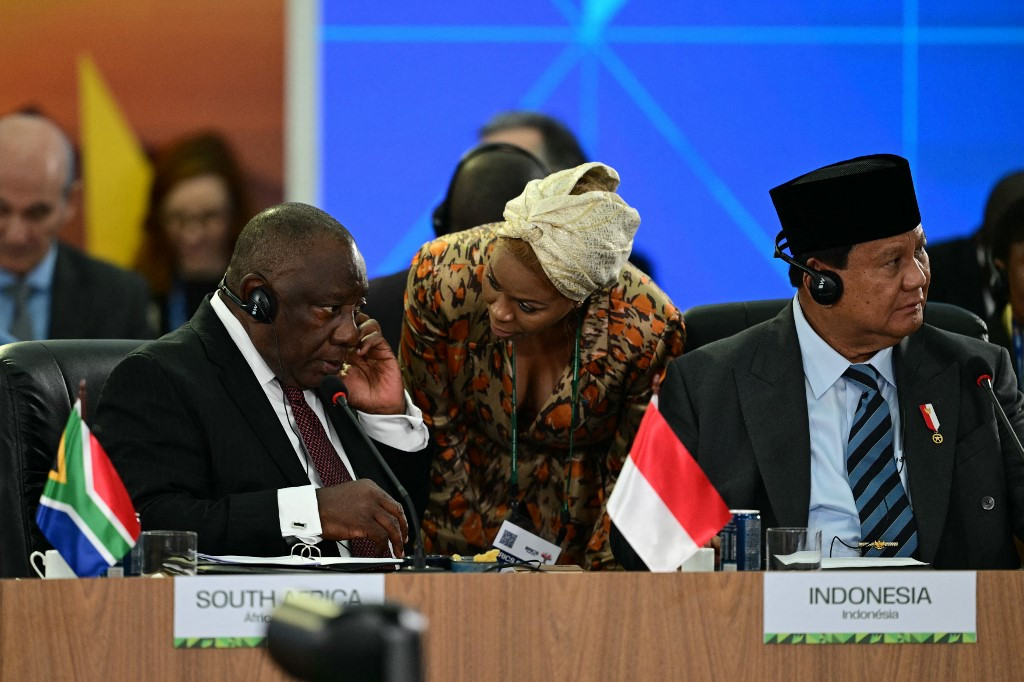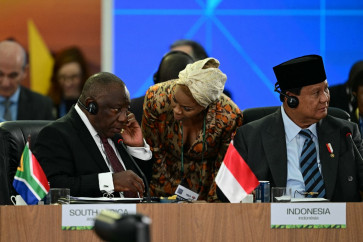Popular Reads
Top Results
Can't find what you're looking for?
View all search resultsPopular Reads
Top Results
Can't find what you're looking for?
View all search resultsA new trade agenda for climate-resilient development
While today's uncertain geopolitical landscape poses many constraints on the green ambitions of developing countries, it also offers space for climate-conscious solutions, until such time as self-interests and protectionist policies can give way to global realignment in renewed cooperation.
Change text size
Gift Premium Articles
to Anyone
M
itigating the worst effects of climate change requires reconciling ambition and justice. But achieving both a just energy transition and ambitious global climate action depends on trade rules that foster equitable development. To facilitate the shift to low-carbon economies, developing countries must have reliable access to green technologies, investments and international markets.
Regrettably, many of today’s trade policies constrain developing countries’ green ambitions. In particular, the securitization of international trade, driven by the geopolitical interests of major powers and emerging blocs, threatens to disrupt global supply chains, limit access to emerging technologies and reinforce existing power imbalances. If left unchecked, this trend risks undermining multilateral cooperation and regional integration efforts across the Global South.
The European Union’s Carbon Border Adjustment Mechanism (CBAM) is a prime example. While the CBAM is intended to position the EU as a global leader on climate action, many developing countries view it as a protectionist measure and question its alignment with the principles of the 2015 Paris climate agreement.
These concerns are well-founded. Research suggests that African countries could lose up to US$25 billion annually as a direct result of the CBAM, and that the proposed amendments might not always stand to benefit African exporters.
Moreover, despite the establishment of the African Continental Free Trade Area (AfCFTA), the EU continues to pursue fragmented bilateral deals that undermine Africa’s integration agenda and weaken the coherence of regional trade strategies.
Another example is the International Maritime Organization’s controversial plan to introduce a carbon emissions tax on shipping. Set to take effect in 2028, the tax falls far short of the more ambitious carbon levy developing economies had advocated, which could have supported low-carbon transitions, climate adaptation and capacity building in the world’s most climate-vulnerable countries.
Investor-state dispute settlement mechanisms also present significant challenges to effective climate action. These provisions, embedded in international investment treaties, often limit the ability of African governments to legislate in the public interest or to implement trade and investment policies that support green industrialization and sustainable development.



















